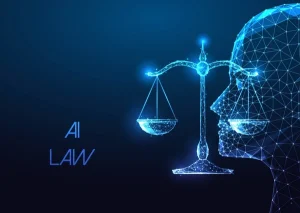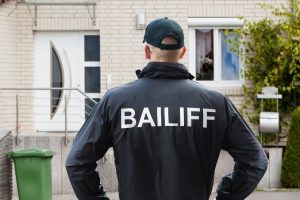A United Nations expert has called on the Government of Cameroon to restore internet services to predominantly English-speaking parts of the country which have been cut off in “an appalling violation of their right to freedom of expression.”
“I am particularly concerned at the tightening of the space for free speech at a time where its promotion and protection should be of the utmost importance,” said the Special Rapporteur on freedom of expression, David Kaye.
His call follows reports that Cameroonians in the northwest and southwest regions, which are predominantly English speaking, have been unable to connect to the internet since 17th January. It also comes against a background of widespread protests against government policies which have reportedly marginalized the country's English-speaking population.
Cameroon has two official languages: French and English. But English speakers have long reported that they face discrimination and marginalization, and are excluded from top civil service positions and public services. They also complain their access to justice is limited because the majority of legislation and judicial proceedings are in French.
“A network shutdown of this scale violates international law – it not only suppresses public debate, but also deprives Cameroonians of access to essential services and basic resources,” said Mr. Kaye, urging the government to restore internet facilities immediately.
In 2016, the Human Rights Council passed a resolution which unequivocally condemned measures to intentionally prevent or disrupt access to or dissemination of information online in violation of international human rights law, and called on all States to refrain from and cease such measures.
This followed the 2015 Joint Declaration of UN and regional experts in the field of freedom of expression, which stated that network shutdowns or internet ‘kill switches' are measures which can ‘never be justified under human rights law'.
The UN Special Rapporteur will continue to monitor developments in Cameroon closely, and is at the disposal of the authorities to provide assistance or advice as required.
(Source: United Nations Office of the High Commissioner for Human Rights)




















